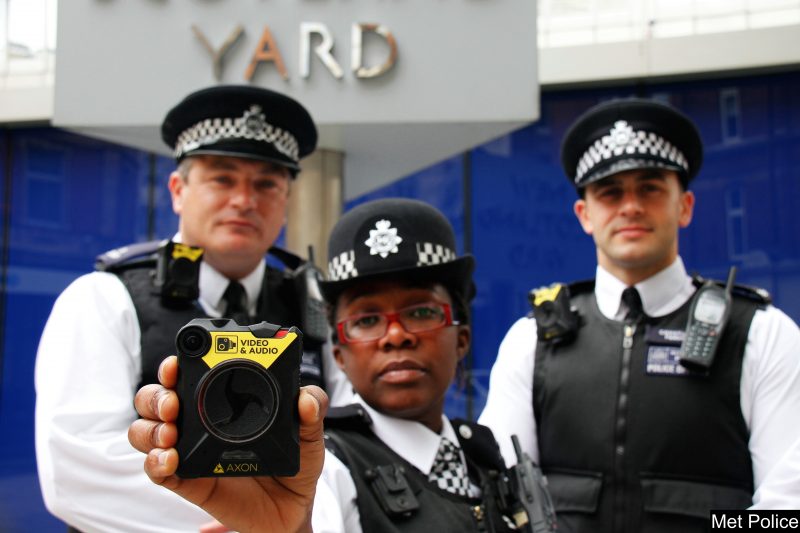
Capturing Biometric Data
Background to GDPR
The General Data Protection Regulation (GDPR) is a piece of European-wide data protection legislation that becomes fully enforceable in May 2018, following a 2-year grace period. It was approved by the European Parliament in December 2015 and subsequently published in the EU Official Journal in May 2016. It will replace EU data protection directive 95/46/EC and country legislation such as the UKs Data Protection Act.
The act recognises that rapid technological developments and globalisation have transformed both the economy and social life. People are increasingly making personal information available publically and globally and that the free flow of personal data within the EU and globally must be facilitated whilst still ensuring a high level of protection of this data.

